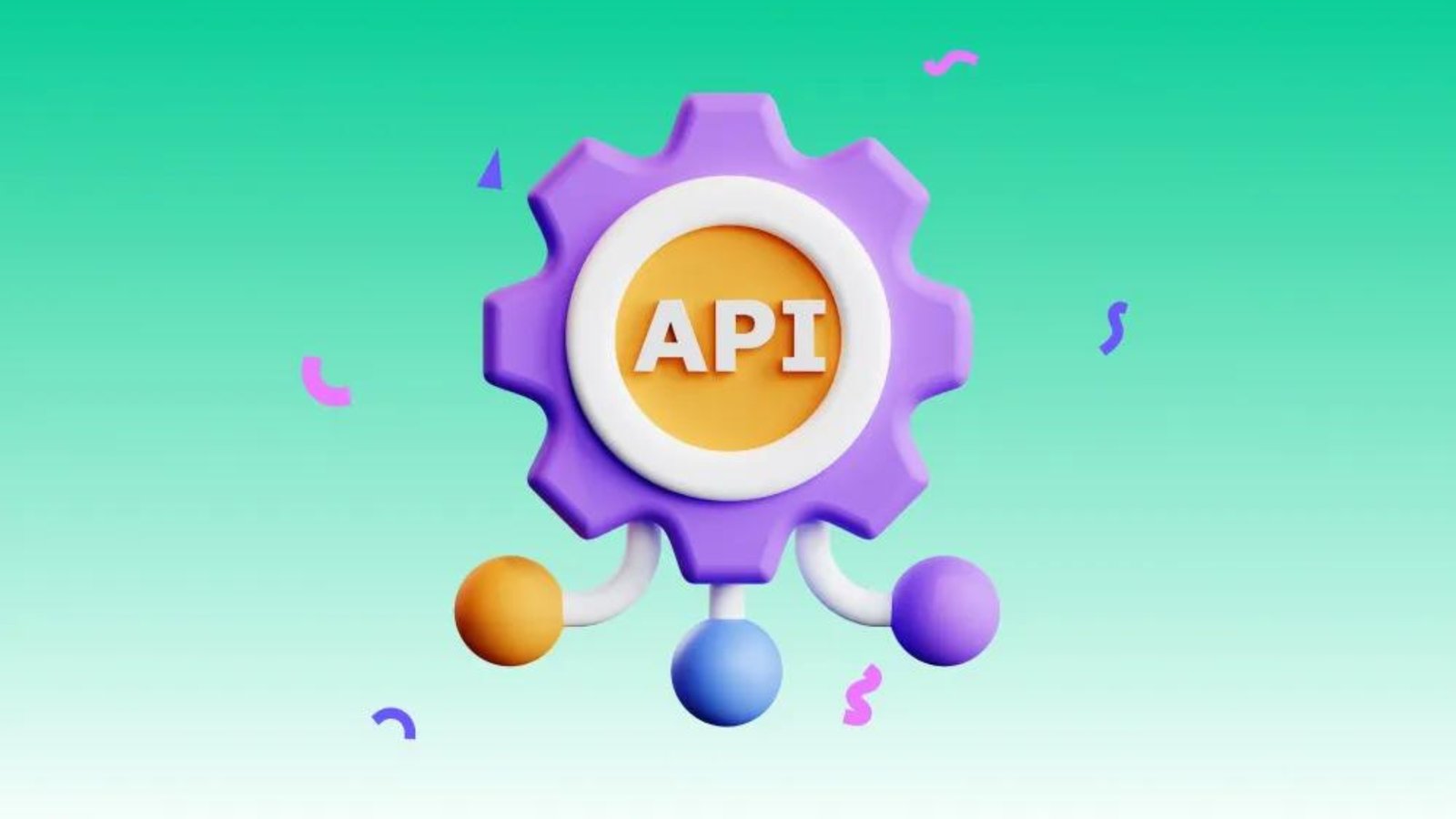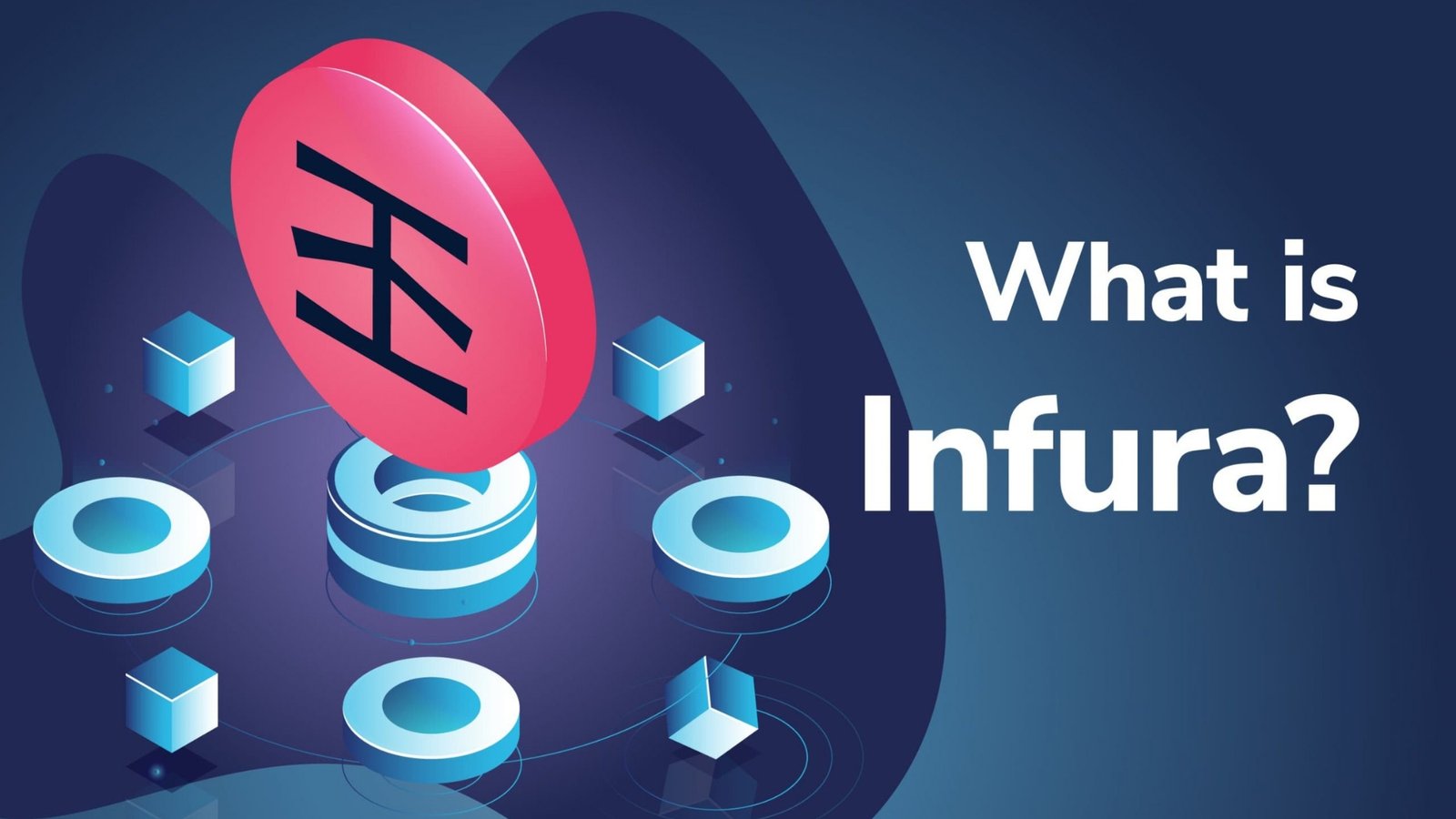
One of Web3’s most essential characteristics is its decentralization, which means that any party might potentially control the system. Users would gain agency and be able to manage their information, possessions, and online experiences. Node providers have arisen as a potential solution for growing the Web3 ecosystem, which depends on infrastructure accessibility.
As a result, web3 experts have recognized the necessity for comprehensive guidance on Infura web3. Those who don’t want to deal with the hassle of owning and maintaining a blockchain node can turn to Infura, a dependable blockchain node service provider. Read this post to find out more about.
Why Do You Need Infura?
Learning about the connection is best accomplished by concentrating on why Infura is essential to Web3. With the advent of blockchain technology came new utility norms and a novel method of trading value. The initial Blockchain, which was Bitcoin, could only process the sending and receiving of cryptocurrency. Ethereum and smart contracts were introduced in 2015 in response to the demand for programmability on the Blockchain. With smart contracts, blockchain-based transactions can be customized to include additional criteria. One of Ethereum’s most well-known blockchain networks may be customized to meet specific needs.
As Ethereum gained traction, it paved the way for new possibilities in the booming Web3 industry. From decentralized apps to decentralized finance, NFT exchanges, and utility NFT platforms, blockchain technology can now serve various use cases. Constructed on Web3, it is the second most widely used blockchain network. Unfortunately, the Ethereum blockchain’s widespread use has limited its practicality. Many notable developer failures have occurred due to the increased traffic on Ethereum. For instance, you require specialized node software to engage with smart contracts on Ethereum. Developers working on web3 projects are impacted by the Ethereum node’s price tag, installation time, and maintenance complexity.
What is Infura?
Various industries might benefit from Infura, a top blockchain infrastructure-as-a-service platform that aids developers, businesses, and decentralized application (dApp) teams. It provides a wide range of resources for integrating decentralized platforms and applications with the Ethereum network. From initial concept to testing and scalable deployment, developers may take advantage of Infura’s infrastructure and tools for all phases of blockchain application development.
Getting dependable and easy access to the Ethereum blockchain and IPFS is possible with the Infura API solutions. Applications built on the Blockchain may need more initialization time since they must connect to P2P networks. The applications may want more bandwidth and storage space, and synchronizing a node with the Ethereum blockchain could take many hours or days. The whole Ethereum blockchain is expensive to keep, and the prices can go up as the network grows, especially if additional nodes are added to the infrastructure. So, site reliability engineers and DevOps teams may be required to keep the infrastructure running smoothly.
Infura can address these concerns by providing the necessary infrastructure and tools for a faster, easier, and cheaper connection to IPFS and Ethereum. Developers can forget about complicated configurations and synchronization issues when using Infura to power their decentralized applications.
Is Infura a Web3 Provider?
Due to its involvement in developing and deploying blockchain applications, it is fundamentally defined as being associated with Web3. Its primary purpose is to facilitate the development process for Web3. If developers want to skip the hassle of building and maintaining their own node, they can utilize the Infura node as a service platform. The following solutions from Infura can help Web3 developers achieve their goals.
Ethereum API
The Infura Ethereum API provides a solid basis for building Web3’s foundational decentralized apps. It can potentially improve the speed and availability of the Ethereum infrastructure, making it easier to connect decentralized applications (dApps) with just one line of code. Through WebSockets and HTTPS, it provides immediate access to the Ethereum blockchain network. The main objective is to increase the accessibility of blockchain infrastructure.
Another of Infura’s strengths is its microservice-based design. An essential part of any introduction to Infura’s services is detailing how the platform’s cutting-edge design makes it possible to enable APIs with dynamic scalability. Compared to alternative services and self-hosted solutions, Infura’s request response times for IPFS and Ethereum are up to twenty times faster. The most recent network changes are also part of the Infura API suite, guaranteeing that services will remain available even when the network is modified.
Benefits of Ethereum API
Infura’s reliability, speed, and scalability make it a good fit for developers who need to support a growing number of users. Here are the main advantages of the Ethereum API in Infura.
Focus on Product Development
You may put more effort into improving the product according to user needs because Ethereum has a reliable and accessible infrastructure.
Monitoring App Development
You may get valuable data about your decentralized application (dApp) with the Infura API suite’s interactive dashboard. The dashboard is an excellent tool for keeping tabs on essential indicators of an app’s performance and API usage. Developers can also use the dashboard for detailed information about peak usage periods or particular request types. Along with improving our knowledge of users, these insights can aid in optimizing the applications.
Simpler Transaction Management
Infura Transactions (ITX) is where you can learn how Infura helps Web3 developers. Developers working on web3 projects may find it helpful in managing gas prices and dynamic transactions.
Key Features of Infura Ethereum API
With Infura’s Ethereum API, Web3 developers can access many functionalities that enhance their projects. These are the most critical elements of Infura, demonstrating its potential for Web3 in the future.
- Infura Ethereum API facilitates a standard interface with support for mainnet and testnet networks through client-compatible JSON-RPC, leveraging WSS and HTTPS.
- Developers can use the potential by connecting the application to Ethereum with a single line of code.
- The Ethereum API also ensures access to Ethereum Archive data as an add-on feature.
- It offers the assurance of 99.9% uptime while implementing the latest network upgrades.
IPFS API

The IPFS API is Infura’s second noteworthy offering. The API can help achieve improved scalability and distributed storage for decentralized application architecture. With a specialized gateway and the standard IPFS API, developers may establish a secure and trouble-free connection to the IPFS network.
The Inter-Planetary File System (IPFS) is an open-source, decentralized network for storing and sharing files on a global scale. It can help many websites and apps with data storage and access features. The simplicity and speed of the IPFS API are two of its most impressive features. As a bonus, the dedicated gateway might facilitate the growth of resilient web applications by linking them to distributed safe storage, regardless of their size. These are some of the most notable value-based advantages of Infura’s IPFS API.
High Availability
Of all the benefits of the Infura node as a service IPFS API, the most noticeable one is its high availability. With the help of a high-performance API, you may use IPFS’s immutable, instantly available, and pinned content.
Transparency with Dashboard Explorer
Developers could easily access their pinned content from the dashboard and remove files they no longer need. The dashboard may also provide access to aggregated analytics for all IPFS projects to further aid in consumption optimization.
Dynamic Scalability
To meet the needs of various applications, guarantees the dynamic scalability of the IPFS infrastructure.
Simpler Setup
The IPFS node can be deployed without any specific programming. Developers can concentrate on what they do best because Infura handles IPFS storage hosting and upkeep. Tools, generic libraries, and frameworks like go-ipfs and js-ipfs are easily integrated with the Infura IPFS API and dedicated gateway. Therefore, Infura has the potential to alleviate the team’s technical load.
Cost-Effectiveness
Accessing IPFS storage at a low cost is one of Infura’s main benefits for Web3 developers. Depending on how much data you store, you will incur fees. With the metered billing model, customers are only ever charged for their consumed data.
Infura Add-ons
Answering “Is Infura a Web3 Provider?” with a final highlight would showcase the add-ons.Web3 developers can depend on the extensions to incorporate new features into the program or modify it according to user needs. Through pricing management and the inclusion of request packs, Infura’s common add-ons assist in boosting the number of transactions.
It also makes it possible to use layer two network extensions, which speed up applications even further. The three separate Infura add-ons are Optimistic Ethereum, Polygon PoS, and Arbitrum Rollup. The layer two network add-ons provide developers with more options for making their Web3 solutions scalable.
Conclusion
The products offered by the blockchain infrastructure-as-a-service platform Infura were the primary emphasis of beginners’ training in Infura for the most prominent blockchain node providers; it provides a full range of APIs designed with Web3 developers in mind.
Thanks to Infura, developers won’t have to stress over the complex tasks of installing, configuring, and maintaining an Ethereum node. With the help of blockchain infrastructure providers like Infura, the web3 space may become more accessible and less barrier to entry. Anybody might use Infura to link their decentralized applications to any blockchain platform. Simultaneously, the advantages of efficiency enhance Infura’s value propositions.









